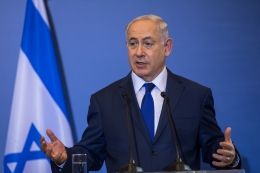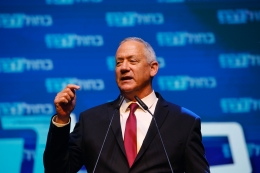Can peace in the Middle East be achieved after another Israeli election?
UNSW’s Dr Anthony Billingsley says the timing of US President Donald Trump’s peace plan is an attempt to boost Israeli Prime Minister Benjamin Netanyahu’s popularity in the lead-up to the March 2 elections.




